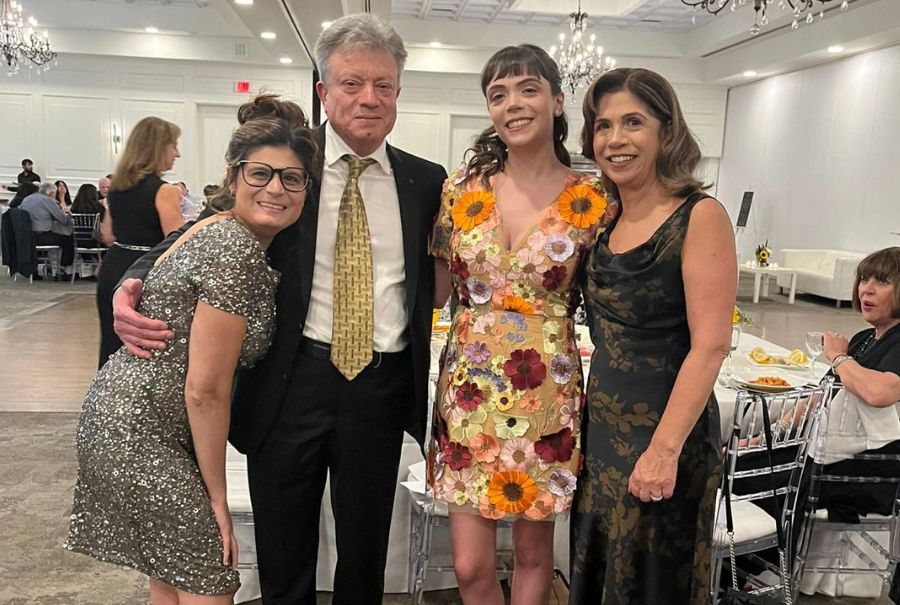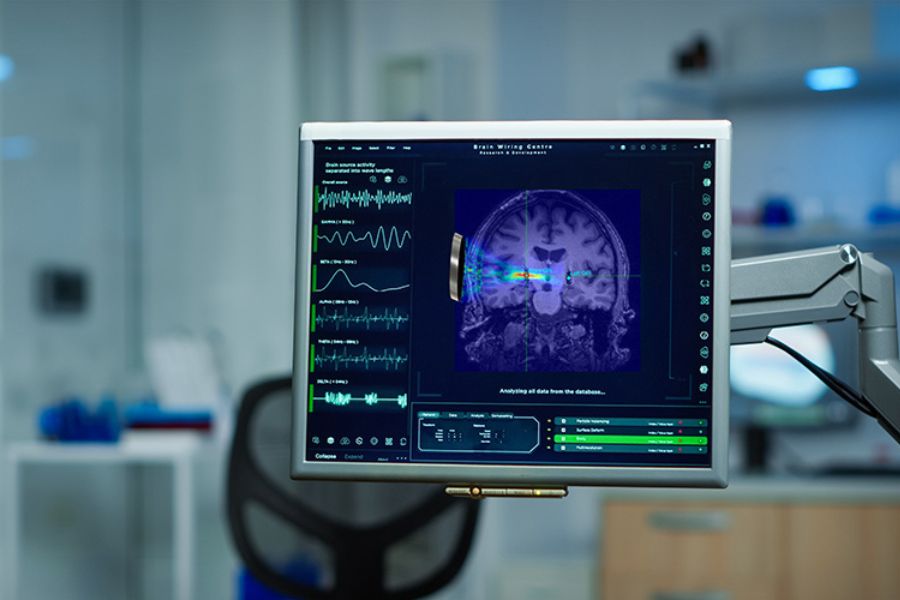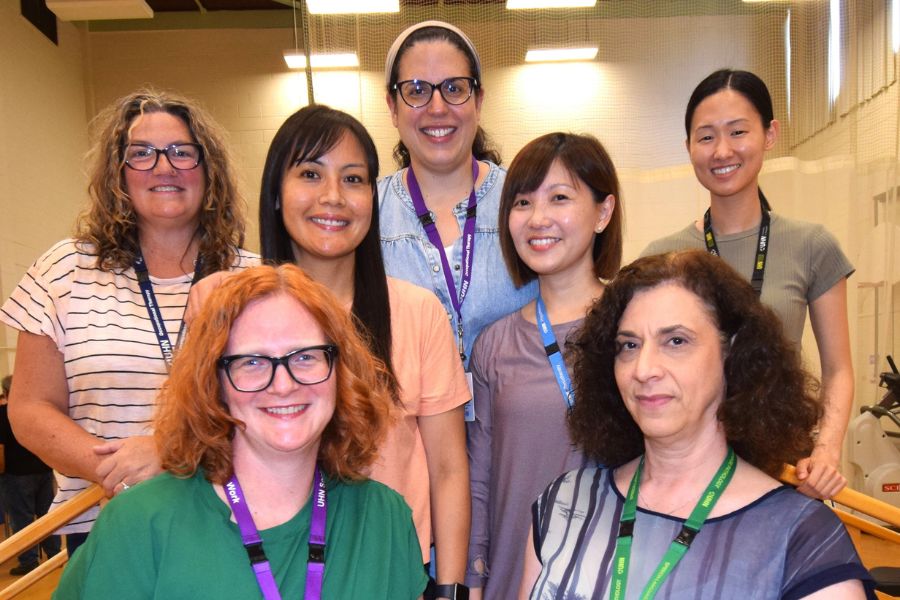From an unexpected slip on stairs, to being slammed into the ice in a hockey game, there are many ways concussions are caused. Diagnosis and treatment vary with every patient, and significant questions remain about how to manage a variety of potentially life-altering consequences.
UHN is a world leader in concussion care through two programs that spearhead groundbreaking research and patient treatments: the Hull-Ellis Concussion and Research Clinic at Toronto Rehab and the Canadian Concussion Centre (CCC) at the Krembil Brain Institute. While the Hull-Ellis Clinic focuses on acute concussion cases, the CCC concentrates on those experiencing long-term effects.
“Concussions and their consequences remain a major public health problem,” says Dr. Charles Tator, Director of the Canadian Concussion Centre. “More than one million Ontarians have sustained a concussion over the last seven years – and 200,000 of them will have persistent symptoms. This greatly affects everyday life and places a severe burden on patients, families and communities.”
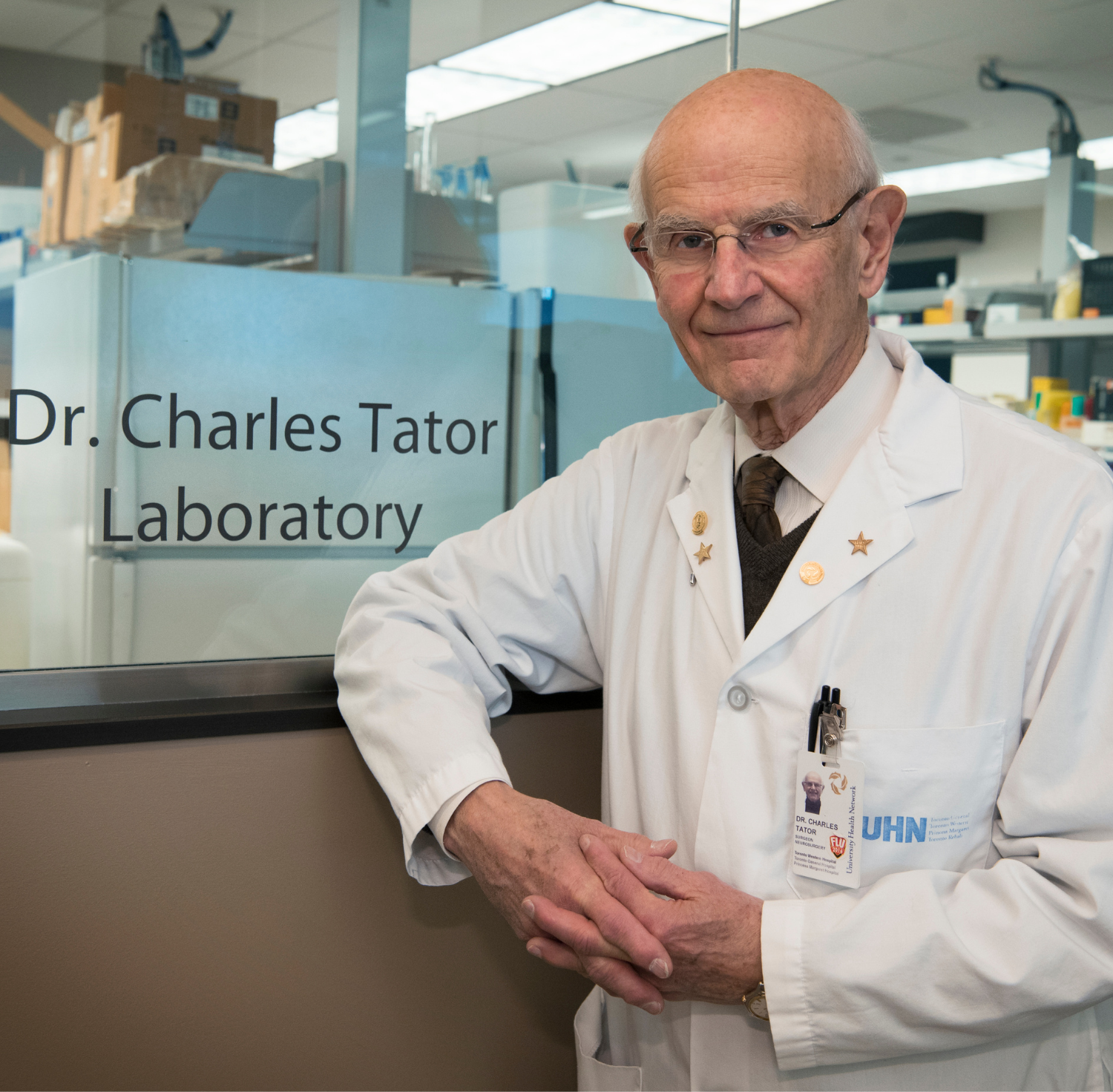
Understanding early recovery
Before the launch of the Hull-Ellis Clinic in 2015, research largely targeted concussions connected to sports injuries, with little effort focused on concussions in the general population. The Hull-Ellis Clinic addresses this need, while pursuing how to best understand early recovery.
“There are many people with long-term symptoms – we’re figuring out how to help people before then,” explains Dr. Mark Bayley, co-founder of the Hull-Ellis Clinic, and Program Medical Director and Physiatrist-in-Chief at UHN’s Toronto Rehab. “We want to understand who gets better, who doesn’t get better and why.”
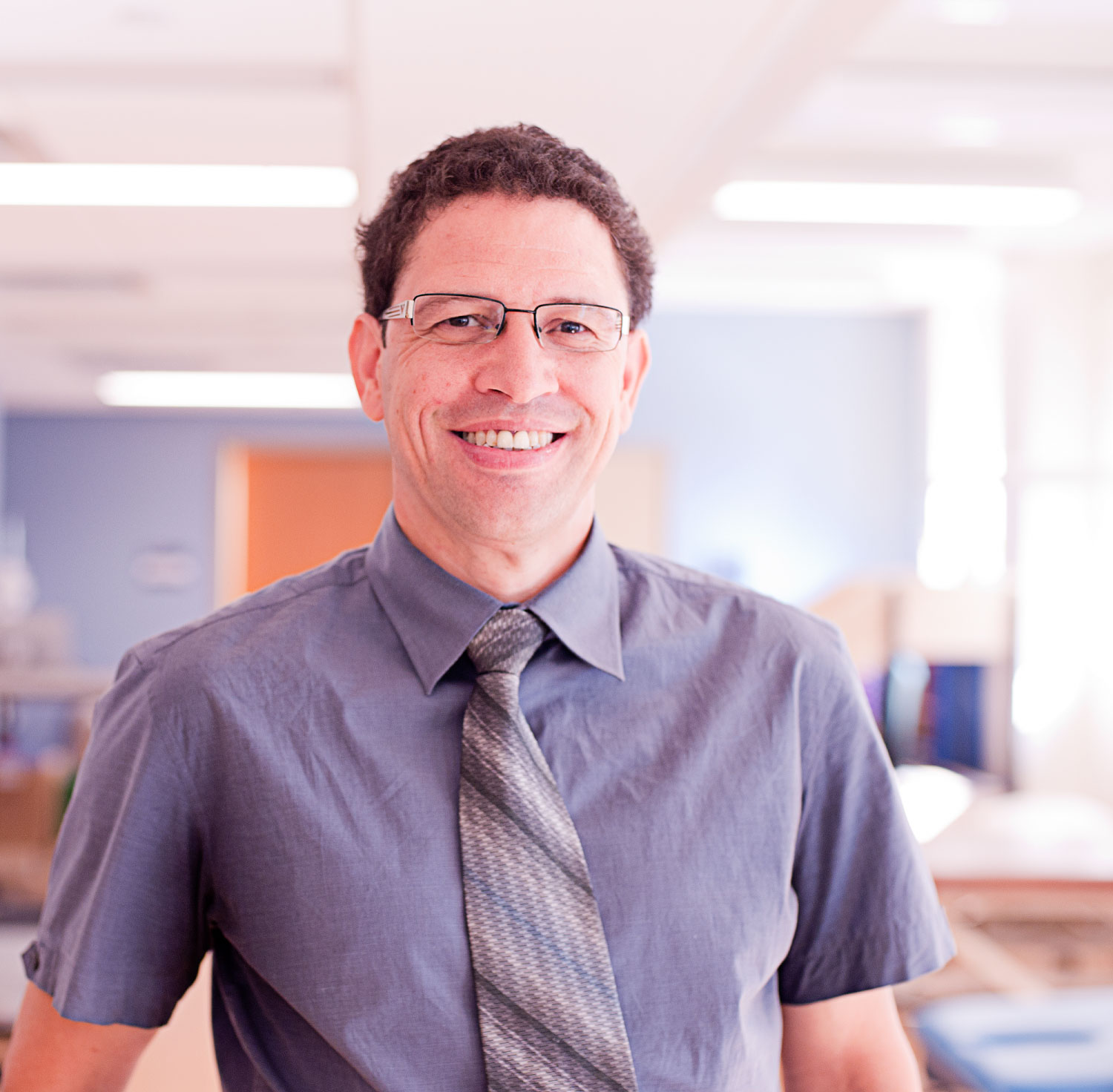
Among many endeavours, best-practice concussion guidelines and a standardized training toolkit are being developed for Ontario clinics. In addition, involvement with the Concussion Ontario Network: Neuroinformatics to Enhance Clinical care and Translation (CONNECT) project is ensuring the integration of Clinic findings across the province’s academic centres of excellence.
“There are so many things we now better understand – from recovery from headaches and balance after concussion, to the role that sex plays in symptoms,” says Dr. Bayley. “We can now also identify the risk of concussion based on a person’s pre-existing characteristics.”
Of the more than 900 patients who have been treated at the Clinic, 80 per cent have become symptom-free within the first eight weeks of treatment. Those with recurring symptoms are typically referred to specialists at the Canadian Concussion Centre.
Targeting chronic concussion symptoms
Focused on the complex needs of patients with chronic concussion symptoms, the Canadian Concussion Centre began in 2010 and is at the forefront of investigating better ways to diagnose and treat concussion disorders. The Centre excels in two types of concussion: persisting concussion symptoms and chronic traumatic encephalopathy (CTE). As depicted in the Will Smith movie Concussion, CTE is a shattering neuropsychological condition afflicting athletes in high-impact sports, and is recognized through such symptoms as memory loss, confusion, depression and behavioural and personality changes. It is also linked to the development of dementia. As the only way to be sure of a patient’s concussion or CTE diagnosis remains examining the brain after death, Dr. Tator and his team are working on an in-life method of examination that is 100 per cent accurate.
Under Dr. Tator and Dr. Carmela Tartaglia, a team of specialists oversees several intersecting programs to determine not only how patients can best return to sports following a concussion, but to all learning and working environments. Far beyond being unable to participate in vigorous physical activity, many patients are unable to read, look at a computer screen or even be in a noisy room.
“We understand there is no ‘magic bullet’ in terms of treatment – instead, a multi-tiered approach has to be used,” explains Dr. Tator. “Also, by bringing people together with prolonged post-concussive afflictions to share their experiences, we are providing tools to help patients better cope with prolonged symptoms including depression, anxiety and post-traumatic stress disorder.”
Patient treatments and research breakthroughs across the concussion spectrum
Building on a foundation of pioneering research, the Hull-Ellis Clinic and the Canadian Concussion Centre continue to harness discoveries involving diagnostic imaging, cerebral vascular regulation and cognitive function, among others. Meanwhile, although the pandemic has presented challenges, it has accelerated efforts in virtual care and education. Online platforms are now used extensively for patient diagnosis and followup, as well as for seminars reaching patients and their families across the country.
“Concussion care and research endeavours in the field are truly unique at UHN,” says Dr. Bayley. “Very few places in the world really encompass our remarkable spectrum of work, and full complement of investigation, diagnosis and therapy.”
